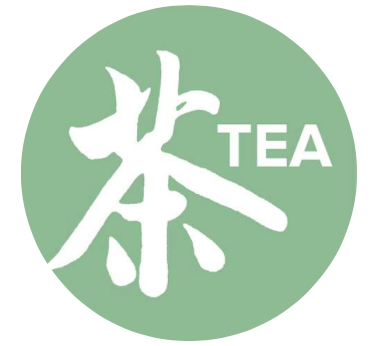Taste, Smell, Sight, Hearing, Touch: The Sensory Aspects of Tea

Welcome & Introductions - UC Davis Global Tea Initiative 2nd Annual Colloquium
Katharine Burnett, director of the UC Davis Global Tea Initiative for Tea Culture and Science, welcomes attendees, speakers and special guests to the second annual colloquium, "The Sensory Aspects of Tea," on January 19, 2017. Dr. Burnett is also director of the East Asian Studies Program and associate professor of Chinese art history at UC Davis.

Tea Perceived: From a 9th-Century Shipwreck to a 19th-Century Snuff Bottle
Speaker at the UC Davis Global Tea Initiative for Tea Culture and Science 2nd Annual Colloquium: “The Sensory Aspects of Tea” on January 19, 2017. The growth of tea as a beverage in China began under the influence of Buddhism during the medieval period and then was legitimized among the population at large through the efforts of Lu Yu (733-804), the “Sage of Tea.” The spread of tea drinking may be traced and appreciated through the implements associated with it, both within China and beyond. A study of teaware and other tea-related objects reveals the tastes and values of the various societies in which tea drinking became popular. Thus tea culture, although globally connected, is not monolithic in terms of its local manifestations.

Environmental and Management Effects on Tea Quality
Speaker at the UC Davis Global Tea Initiative for Tea Culture and Science 2nd Annual Colloquium: “The Sensory Aspects of Tea” on January 19, 2017. Global environmental change is impacting agroecosystems and crops around the world and is presenting both challenges and opportunities for farmer livelihoods and food security. While the impact of environmental variables on crop yields is well supported by evidence, fewer studies have focused on the effects of environmental variation on crop quality. This talk presents findings from a systematic review and primary research on the effects of environmental variation and agroecological management on tea quality.

A Scientific and Cultural Quest of Taiwan Tea, Aroma and Taste
Speaker at the UC Davis Global Tea Initiative for Tea Culture and Science 2nd Annual Colloquium: “The Sensory Aspects of Tea” on January 19, 2017. The scientific tea breeding and cultivation as well as analysis development in Taiwan has increasingly fulfilled the desire of appreciating Taiwan Tea by industry experts and aficionados. However, the differences in each Oolong Tea in terms of its taste and aroma is scientifically too complex to explain. The different tea cultivated varieties and different tea making masters have further complicated the analytical scenario. As a result, the comprehensive and objective analysis of Oolong Tea aroma is needed, both among the scientific community and general tea-loving public. A systematic Aroma Fingerprint has been exploited by modern Gas Chromatography/ Mass Spectrometry combined together with olfactory detection. An abstracted interpretation of aroma fingerprint to the multidisciplinary audience using the Taiwan Style Tea Ceremony dual cups smelling and drinking method will enhance the understanding and appreciation of Taiwan Tea. This method potentially will gain its popularity and importance in the globe.

Coolie Poesis: Plantation Sounds and Labor Heritage on Sri Lanka's Tea Estates
Speaker at the UC Davis Global Tea Initiative for Tea Culture and Science 2nd Annual Colloquium: “The Sensory Aspects of Tea” on January 19, 2017. This talk explores the relationship between tea plantation labor and production and coolie identity formation and heritage in Sri Lanka. Also how the human voice—through the poetry, and song written and performed by Tamil plantation residents—reinforce coolie narratives of labor, connectivity, and desires for social recognition in a multicultural, postwar Sri Lanka. This reinforcement creates a coolie poesis—an emergence of a complex labor heritage to be duly acknowledged in Sri Lanka’s colonial and postcolonial history and present.

Q&A Closing Session
UC Davis Global Tea Initiative for Tea Culture and Science 2nd Annual Colloquium: “The Sensory Aspects of Tea” on January 19, 2017. Colloquium speakers Victor Mair, Selena Ahmed, Kai-Hsien Chen and Mythri Jegathesan field questions from attendees after their talks.
